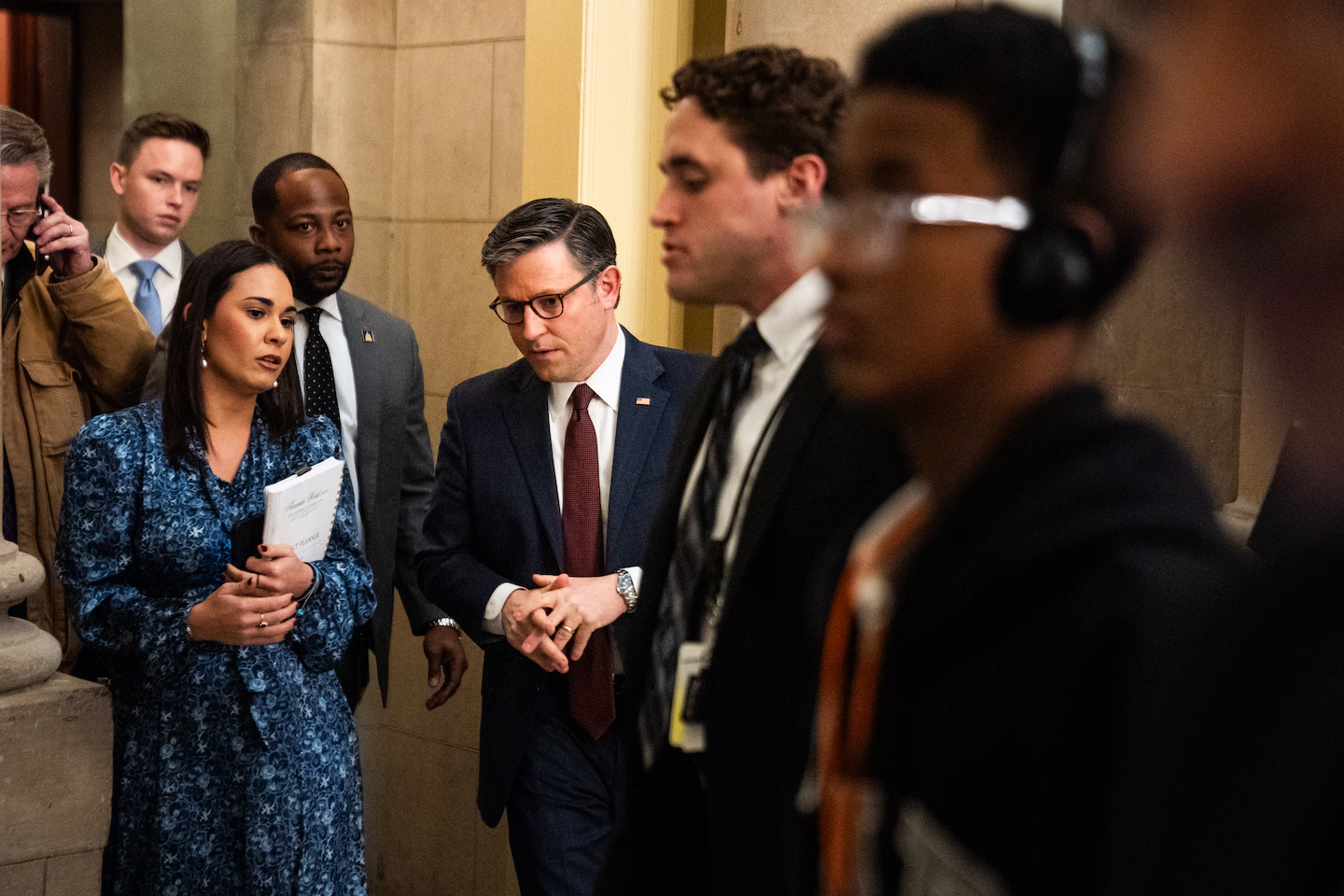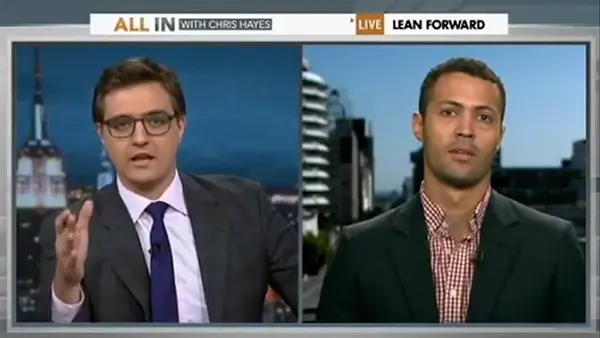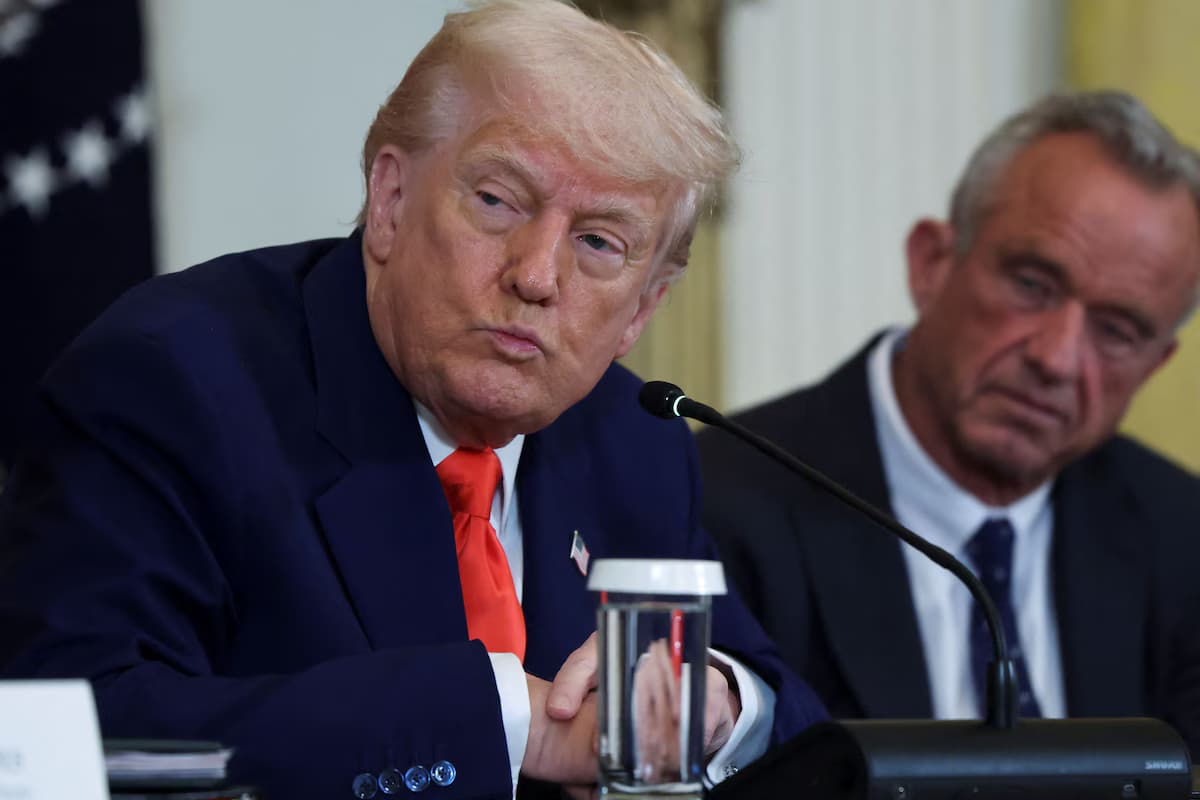The political landscape of America is shaking as Donald Trump unleashes a reconciliation bill that is not just unpopular—it is a direct attack on the most vulnerable among us. This $3 trillion monstrosity, as discussed by Chris Hayes, is set to dismantle crucial safety nets while enriching the wealthy. The implications of this legislation extend far beyond partisan lines and expose the stark reality of a government that prioritizes tax cuts for billionaires over the needs of working families.
Legislation Designed to Benefit the Wealthy
At the heart of this bill are massive tax cuts that primarily benefit the wealthiest Americans, echoing the same disastrous policies of Trump"s first term. As reported by The New York Times, the legislation includes provisions that disproportionately favor corporations and high-income earners. This is a clear continuation of a troubling trend where fiscal policy is crafted in the shadows, benefiting those who already have enough while neglecting the needs of the majority.
Devastating Cuts to Social Programs
Perhaps the most alarming aspect of this reconciliation bill is the gutting of essential social programs. According to The New York Times, it proposes significant cuts to Medicaid, food benefits, and other critical assistance programs. This means that millions of Americans who rely on these services to make ends meet will face increased hardship. The bill is not merely a budgetary maneuver; it represents a moral failing of a government that has chosen to prioritize tax breaks over human lives.
\n\n
Threat of Medicaid cuts looms over Republican lawmakers in Congress ...
Public Opposition and Political Fallout
Polls reveal a staggering disconnect between the desires of the electorate and the actions of their representatives. As highlighted by ABC News, a significant majority of Americans oppose Trump"s reconciliation bill. This growing dissent among constituents presents a real challenge for Republican lawmakers who must grapple with the consequences of supporting a bill that is widely viewed as harmful. The implications for the upcoming elections could be dire for those who choose to align themselves with this agenda.
The Process of Fast-Tracking Destructive Policies
The reconciliation process itself raises serious questions about transparency and accountability. As detailed by The Washington Post, the bill was pushed through Congress after nearly 48 hours of continuous reading and voting, effectively silencing dissent and debate. This lack of thorough discussion reflects a broader trend of governance where critical issues are rushed through to avoid public scrutiny. The implications of such a process undermine democratic principles and erode trust in government institutions.
\n\n
Parodying Cable News With a Talk About Race - The New York Times
Consequences for Civil Rights and Social Justice
The ramifications of Trump"s bill extend beyond economics; they strike at the heart of civil rights and social justice. The cuts to programs that support the most marginalized in society exacerbate existing inequalities and threaten the progress made in recent years. As a former civil rights attorney, I see this not just as a fiscal issue, but as a fundamental assault on the rights of vulnerable populations. Those who are already struggling will be the first to feel the impact of these draconian measures, and we must ask ourselves: who will stand up for those who cannot stand up for themselves?



![[Video] Gunfire between Iraqi security forces and Sadr militias in Baghdad](/_next/image?url=%2Fapi%2Fimage%2Fthumbnails%2Fthumbnail-1768343508874-4redb-thumbnail.jpg&w=3840&q=75)
